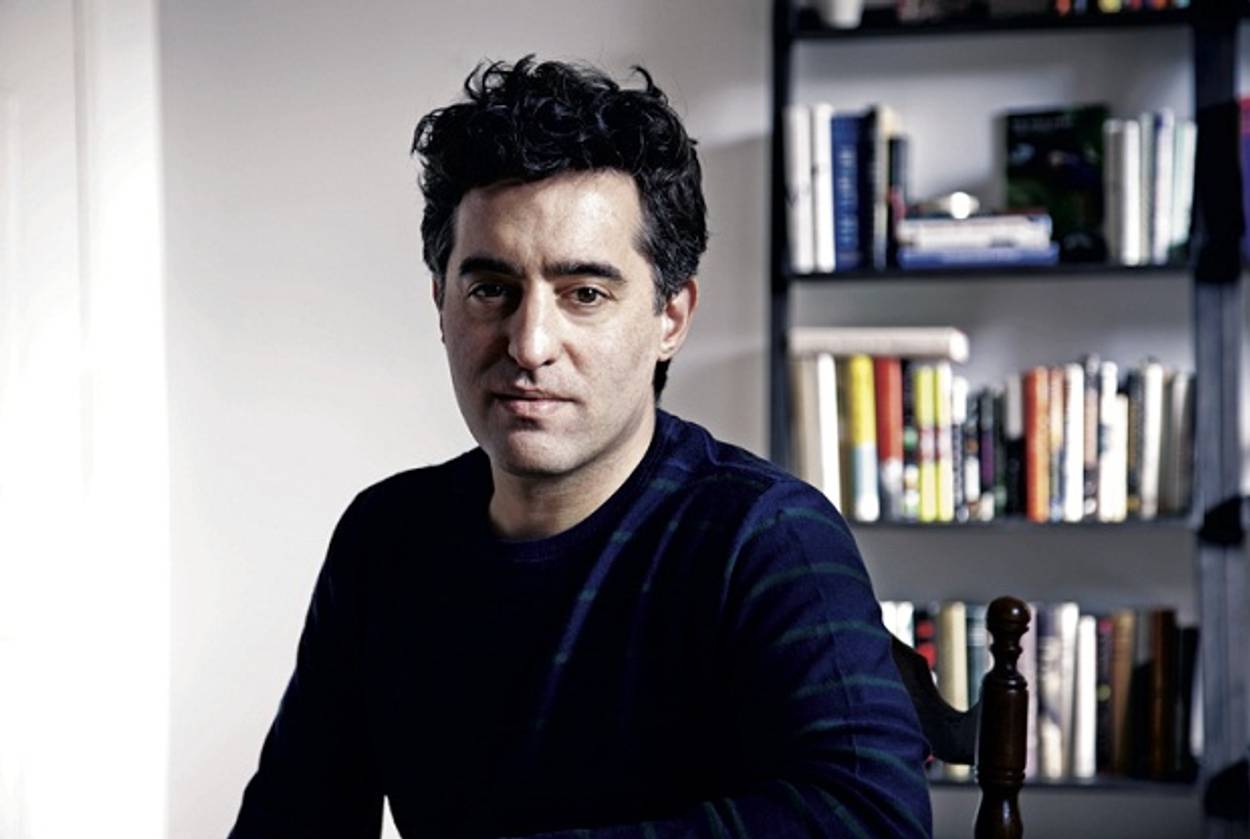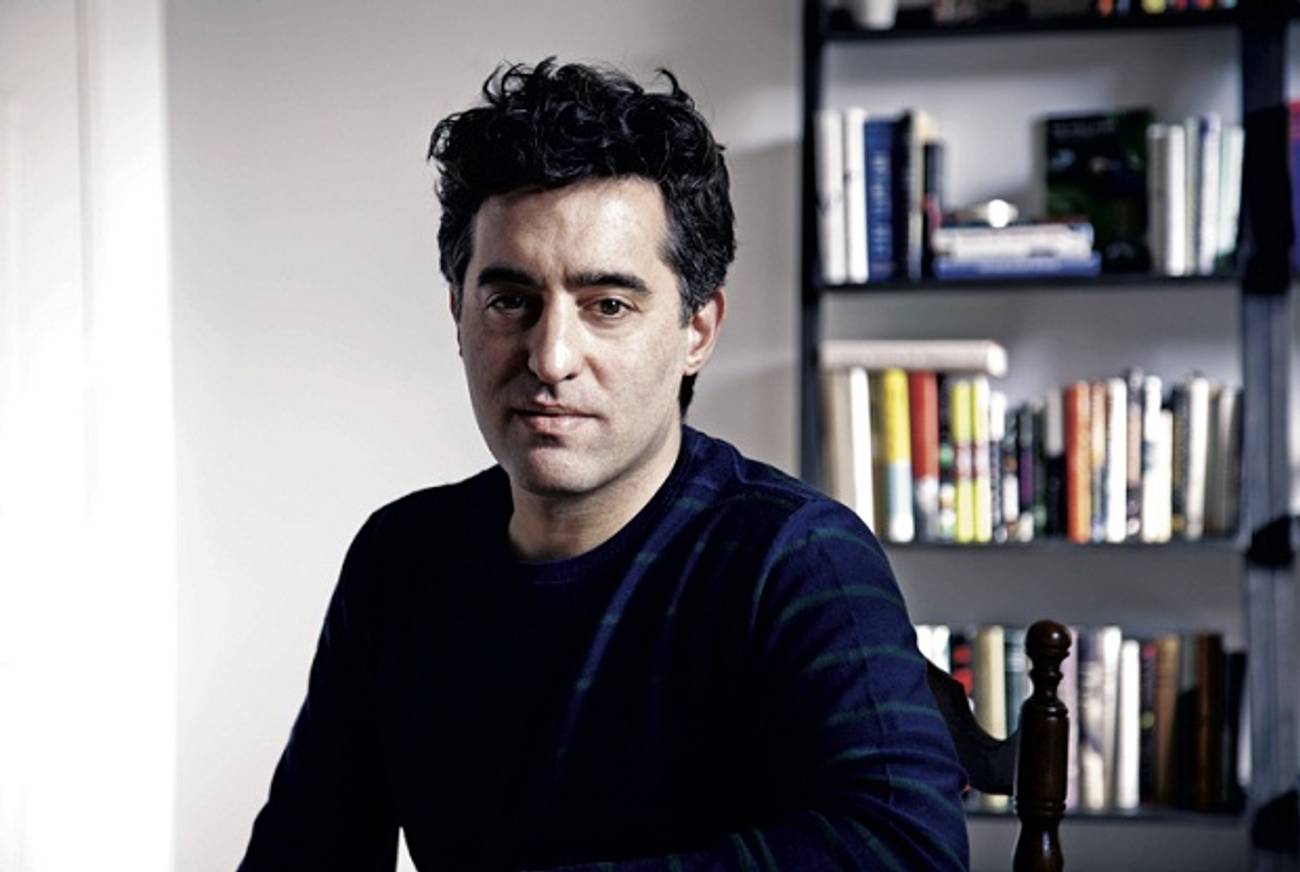Nathan Englander on the Pope and the Dirty War
The novelist sees troubling links between the church and the military




Perhaps the most chilling scene in Nathan Englander’s under-appreciated 2007 novel, The Ministry of Special Cases, is when a nameless priest offers to save the son of the main characters who had been kidnapped during Argentina’s Dirty War. (Englander wrote about his return trip to Argentina for Tablet here and spoke with Vox Tablet about his book here.)
“Tell me what I need to do,” Lillian Poznan asks the priest who has already exhorted one a bribe from them. He responds:
“Nothing. That’s the horror. All you have to do is pay. That’s why I didn’t call and didn’t tell, that’s why it’s painful to share. You could free your son right now, Mrs. Poznan, except that you can’t. Except that you must sit and wait and pray, knowing you failed him, knowing there was a price to pay and you couldn’t manage it. Now it’s on you, Mrs. Poznan. Your burden to bear.”
For Poznan, it’s a needless bit of psychological torture in a novel replete with psychological torture. The act by the priest is a ruse; by then, the reader knows that Pato, Lillian’s son, is already dead. He has been drugged and thrown out of an airplane. It was the last detail that readers had trouble swallowing.
“What I tell people about the novel is: Everything you think I made up is true and everything you think is true I made up,” explained Englander who was on his way back from a reading in Albany for the paperback release of his latest book, What We Talk About When We Talk About Anne Frank. “Obviously, they didn’t take young people and throw them out of airplanes? They did. The reality is so shocking you deliver it in a controlled manner. Otherwise, it would fall apart.”
The actions of the Argentine military from 1976-1983, which killed an estimated 15-30,000 Argentinians, and specifically the church’s role in it have come under recent scrutiny with the election of Cardinal Jorge Mario Bergoglio to the papacy last week.
“Oh there’s white smoke. It’s an Argentinian pope. He’s 76. He’s from Buenos Aires. He was in charge of the church. The internet is going to be on fire.” Englander recalled thinking.
The Vatican issued an angry rejection to claims that the newly-named Pope Francis worked with the military during the war, but his exact role during that time is far from clear. In 2010, he told an Argentinian newspaper that he sheltered people from the regime while also admitting in the same interview that he met with military leaders. What is certain is that the Argentinian church, unlike its counterparts in Brazil and Chile, did not offer much resistance to the military dictators.
The worst known is example is the priest Christian von Wernich, who the church spirited out of Argentina and placed in a parish in Chile under a false name. In 2007, he was sentenced to life imprisonment for complicity in seven homicides, 42 kidnappings and 32 instances of torture.
Englander said that he didn’t recall if he had come up with the idea of the priest character or it was something he came across in his research.
“I work in the reverse manner,” Englander said. “I wrote it without any information and then I compulsively researched it.”
The book took Englander ten years to write and in the acknowledgements he included a work by Horacio Verbitsky, the Jewish journalist who brought many of the church’s crimes to light. Oddly, Englander says that the novel was inspired by the time he spent in Israel.
“It sounds stupid to say, but in 1996 it seemed like we were on the edge of peace,” he said. “I got interested in cities that turn on themselves. Argentina was a more pressurized version of that. Argentina should be a world power but through mismanagement, coup, and bad government the city takes a beating again and again.”
Englander didn’t want to offer a critique of the Argentinian church after so long, but he did manage to find something to which he could relate the country’s Dirty War.
“At least, good old Dick Cheney picked a war somewhere else,” he quipped. “Declaring war on yourself? There’s something so proud, so cynical and dark in that. You don’t even have to travel anywhere.”
Earlier: The Pope Francis-Human Rights Question
Related: The Gravedigger [Vox Tablet]
This Country of Mothers [Tablet]
Michael Orbach is a writer living in New York.